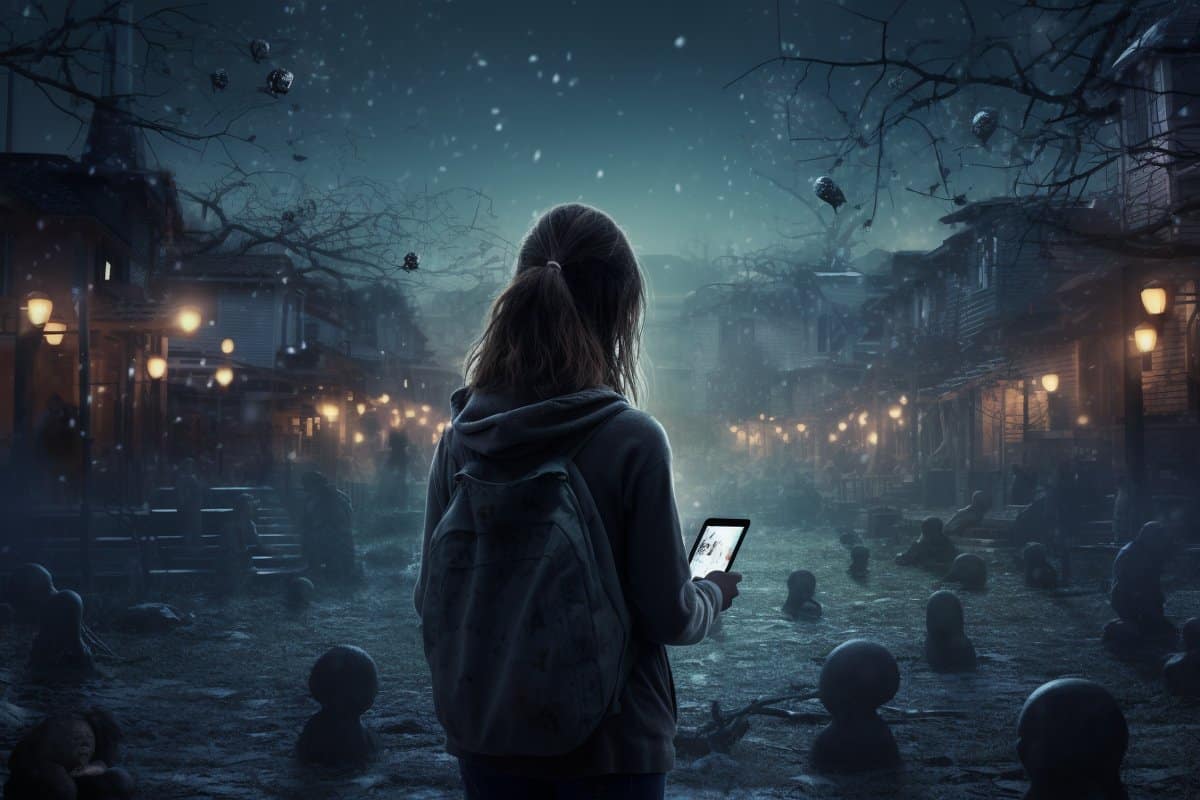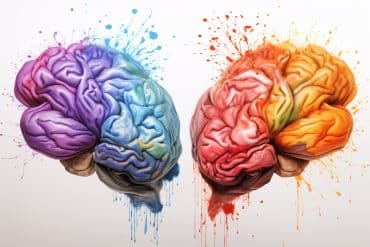Summary: New research explores public attitudes towards digital resurrection of the deceased based on consent.
Participants were presented with scenarios where a woman’s digital version could be brought back with or without her consent.
Results showed a significant shift in acceptability when consent was expressed, highlighting the importance of the deceased’s wishes. However, many respondents still found digital resurrection socially unacceptable, even with expressed consent.
This study raises ethical and legal questions about the rights of the deceased and the need for clear regulations in the digital age.
Key Facts:
- Consent plays a crucial role in shaping public opinion on digital resurrection.
- Public sentiment often aligns with the belief that the wishes of the deceased should be respected.
- Existing laws do not adequately protect the rights of the deceased in the digital realm, leading to a discrepancy between law and public sentiment.
Source: De Gruyter
In a 2014 episode of sci-fi series Black Mirror, a grieving young widow reconnects with her dead husband using an app that trawls his social media history to mimic his online language, humor and personality. It works. She finds solace in the early interactions – but soon wants more.
Such a scenario is no longer fiction. In 2017, the company Eternime aimed to create an avatar of a dead person using their digital footprint, but this “Skype for the dead” didn’t catch on. The machine-learning and AI algorithms just weren’t ready for it. Neither were we.
Now, in 2024, amid exploding use of Chat GPT-like programs, similar efforts are on the way. But should digital resurrection be allowed at all? And are we prepared for the legal battles over what constitutes consent?
In a study published in the Asian Journal of Law and Economics, Dr Masaki Iwasaki of Harvard Law School and currently an assistant professor at Seoul National University, explores how the deceased’s consent (or otherwise) affects attitudes to digital resurrection.
US adults were presented with scenarios where a woman in her 20s dies in a car accident. A company offers to bring a digital version of her back, but her consent is, at first, ambiguous. What should her friends decide?
Two options – one where the deceased has consented to digital resurrection and another where she hasn’t – were read by participants at random. They then answered questions about the social acceptability of bringing her back on a five-point rating scale, considering other factors such as ethics and privacy concerns.
Results showed that expressed consent shifted acceptability two points higher compared to dissent.
“Although I expected societal acceptability for digital resurrection to be higher when consent was expressed, the stark difference in acceptance rates – 58% for consent versus 3% for dissent – was surprising,” says Iwasaki.
“This highlights the crucial role of the deceased’s wishes in shaping public opinion on digital resurrection.”
In fact, 59% of respondents disagreed with their own digital resurrection, and around 40% of respondents did not find any kind of digital resurrection socially acceptable, even with expressed consent.
“While the will of the deceased is important in determining the societal acceptability of digital resurrection, other factors such as ethical concerns about life and death, along with general apprehension towards new technology are also significant,” says Iwasaki.
The results reflect a discrepancy between existing law and public sentiment. People’s general feelings – that the dead’s wishes should be respected – are actually not protected in most countries.
The digitally recreated John Lennon in the film Forrest Gump, or animated hologram of Amy Winehouse reveal the ‘rights’ of the dead are easily overridden by those in the land of the living.
So, is your digital destiny something to consider when writing your will? It probably should be but in the current absence of clear legal regulations on the subject, the effectiveness of documenting your wishes in such a way is uncertain. For a start, how such directives are respected varies by legal jurisdiction.
“But for those with strong preferences documenting their wishes could be meaningful,” says Iwasaki. “At a minimum, it serves as a clear communication of one’s will to family and associates, and may be considered when legal foundations are better established in the future.”
It’s certainly a conversation worth having now. Many generative AI chatbot services, such as like Replika (“The AI companion who cares”) and Project December (“Simulate the dead”) already enable conversations with chatbots replicating real people’s personalities.
The service ‘You, Only Virtual’ (YOV) allows users to upload someone’s text messages, emails and voice conversations to create a ‘versona’ chatbot. And, in 2020, Microsoft obtained a patent to create chatbots from text, voice and image data for living people as well as for historical figures and fictional characters, with the option of rendering in 2D or 3D.
Iwasaki says he’ll investigate this and the digital resurrection of celebrities in future research.
“It’s necessary first to discuss what rights should be protected, to what extent, then create rules accordingly,” he explains.
“My research, building upon prior discussions in the field, argues that the opt-in rule requiring the deceased’s consent for digital resurrection might be one way to protect their rights.”
About this AI and neuroethics research news
Author: Mauricio Quiñones
Source: De Gruyter
Contact: Mauricio Quiñones – De Gruyter
Image: The image is credited to Neuroscience News
Original Research: Open access.
“Digital Cloning of the Dead: Exploring the Optimal Default Rule” by Masaki Iwasaki et al. Asian Journal of Law and Economics
Abstract
Digital Cloning of the Dead: Exploring the Optimal Default Rule
We conducted a survey experiment in the U.S. to analyze how the consent or dissent of a deceased individual influences the social acceptability of digital resurrection.
The results showed a substantial relative treatment effect of consent versus dissent, with a 2-point difference in acceptability on a 5-point scale.
When the deceased had consented, 58 % of respondents viewed digital resurrection as socially acceptable, whereas this number was only 3 % when the deceased had dissented. These findings suggest that relevant legal regulations should respect the decision of the deceased.
Our study then explored the optimal default rule using observational research: 59 % of respondents were against the idea of their own digital resurrection.
An opt-in rule seems socially desirable, where the default is the prohibition of digital resurrection, and exceptions allow it only with consent from the deceased.







